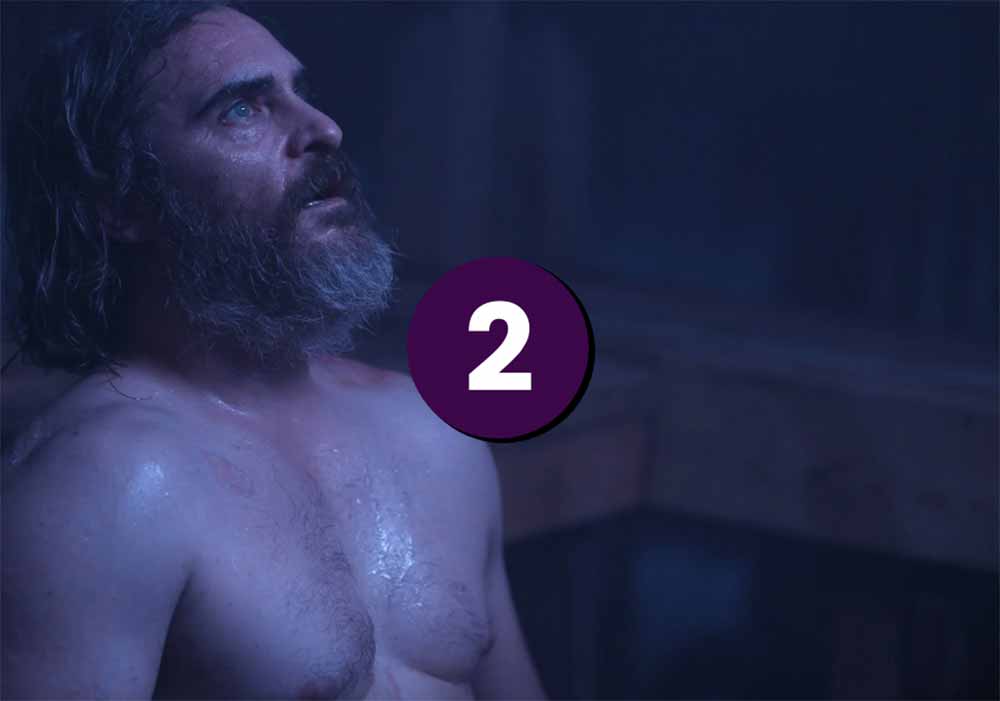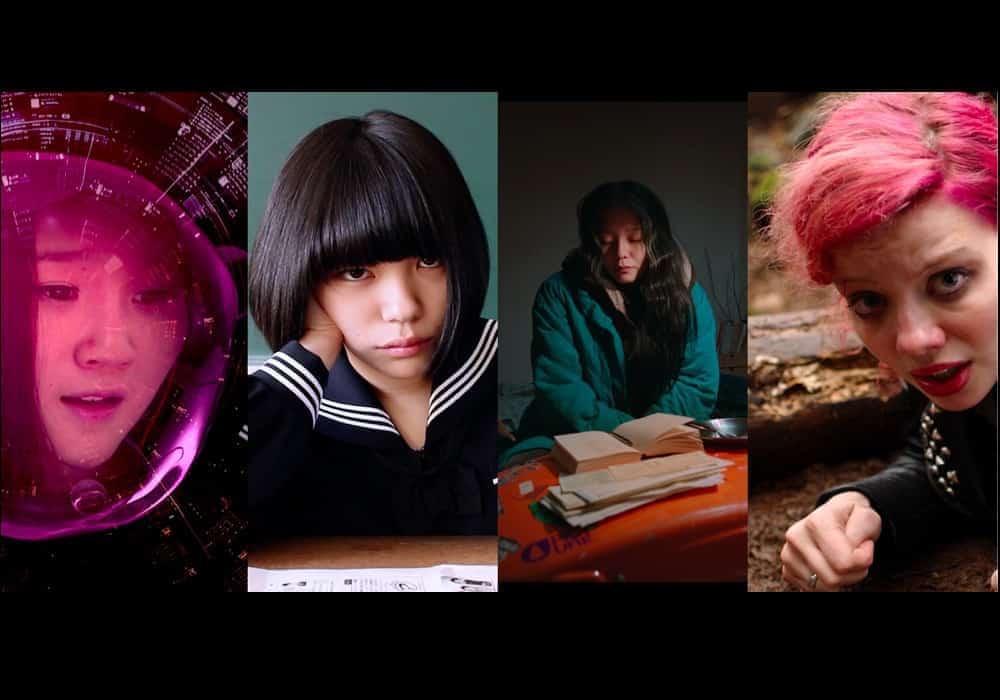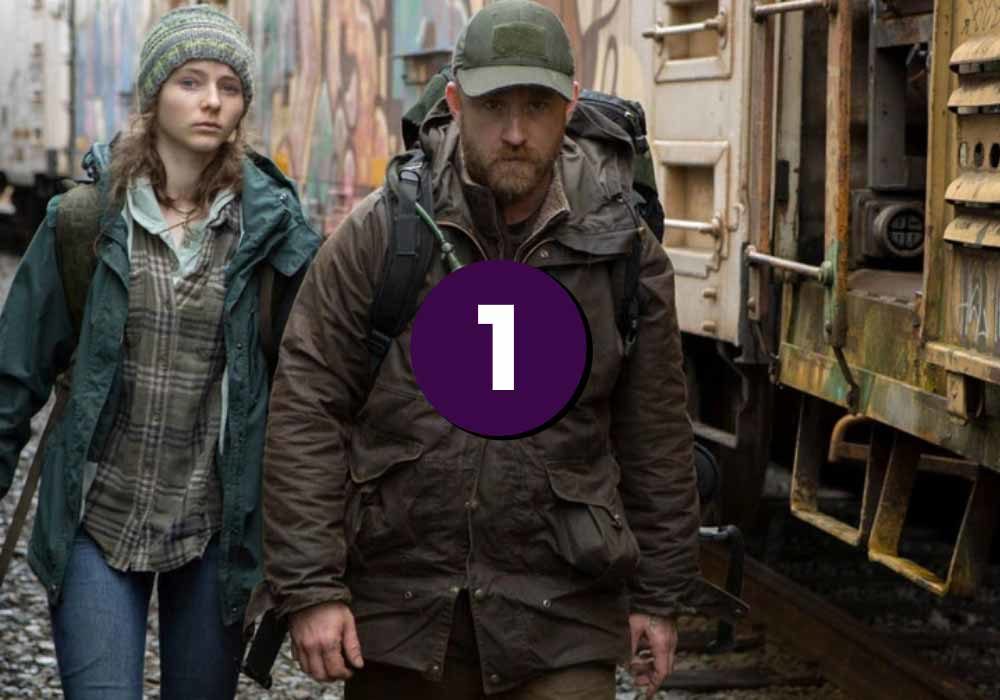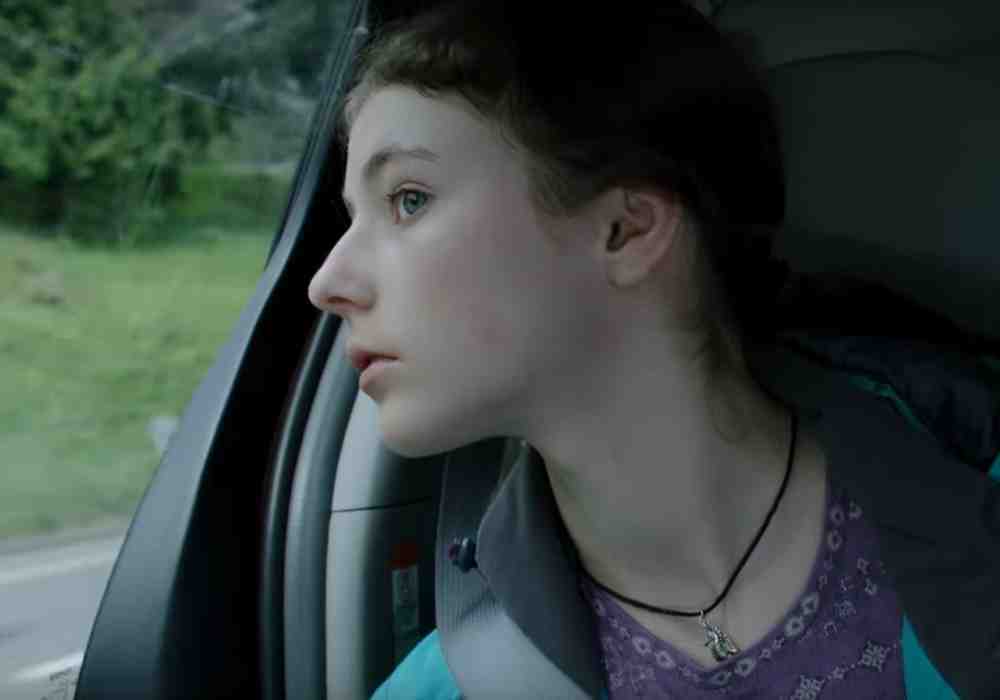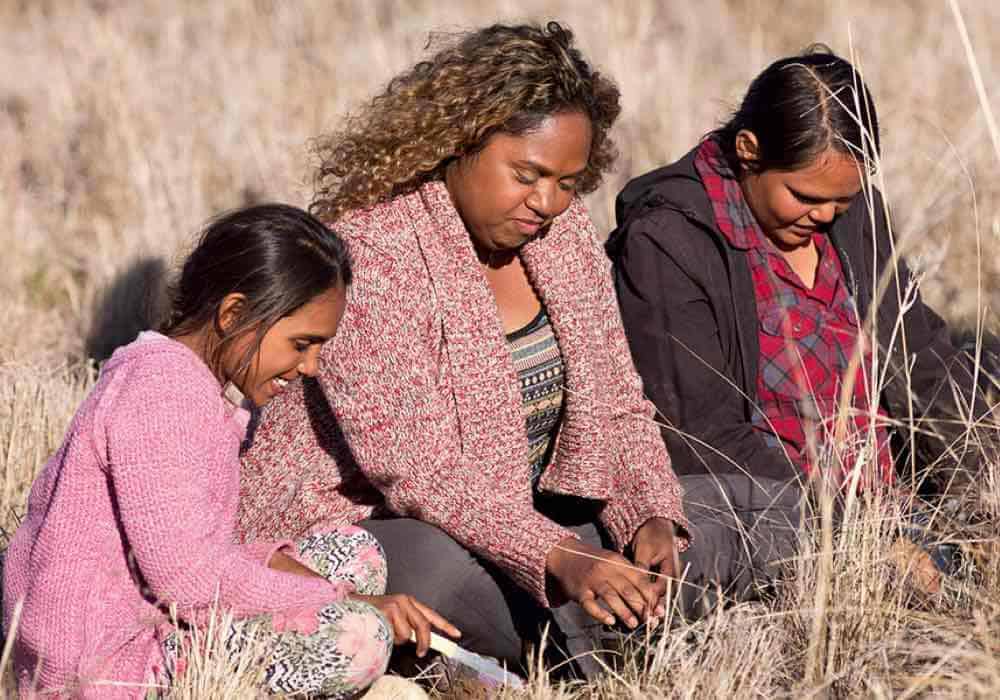The second episode of our film podcast is now live! This in-depth conversation about Lynne Ramsay’s You Were Never Really Here is a great complement to our Special Issue on the film.
Women Directors
In honour of #52filmsbywomen, we've collected all of our reviews of films directed by women and interviews with female directors all in one place.
Four films from Fantasia Fest 2018
Four short reviews from Fantasia Fest, the biggest genre film festival in North America.
Ep. 1: Leave No Trace
For the first episode of the new Seventh Row podcast, our host and Associate Editor Elena Lazic is joined by Editor-in-Chief Alex Heeney, Associate Editor Orla Smith, and Contributing Editors Gillie Collins and Brett Pardy, for a discussion about Debra Granik’s Leave No Trace.
Thomasin McKenzie tracks every step toward independence in Leave No Trace
Increment by increment, Thomasin McKenzie tracks Tom’s journey from girl to young woman. This is the seventh piece in our Special Issue on Debra Granik’s Leave No Trace , which is now available as an ebook.
Imogen Thomas on Emu Runner: ‘The film willed its way into existence.’
Director Imogen Thomas discusses her feature, Emu Runner, which explores an Aboriginal girl’s (Rhae-Kye Waites) grief — and her community’s resilience — after her mother’s death.
Interview: Edge of the Knife tells a pre-colonialism story of the Haida legend of ‘The Wildman’
Co-director and Haida artist Gwaai Edenshaw discusses his landmark film Edge of the Knife (Sgaawaay K’uuna), the first feature film made in the Haida language. This is an excerpt from the ebook The Canadian Cinema Yearbook which is available for purchase here.
